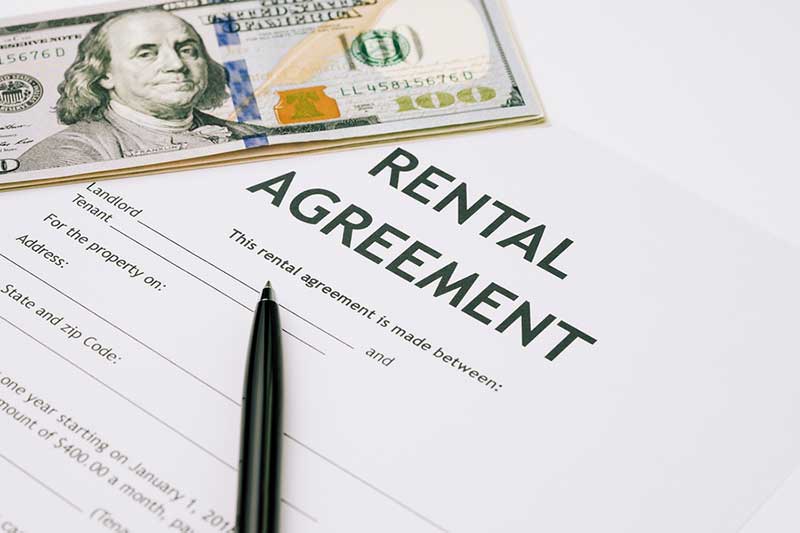Blog

Trusted Northwest Suburban Law Firm
847-944-9400
IS THE ILLINOIS RENT CONTROL ACT FAIR TO LANDLORDS?
By Michael DeSantis
This past year, a new bill was introduced in the house known as IL SB3512, or the Rent Control Act. If passed, the law would establish rent control boards in every county in Illinois. The bill repeals the 50 ILCS 825/1 known as the Rent Control Preemption Act of 1997, which prohibited the enactment, maintenance or enforcement of an ordinance or resolution “that would have the effect of controlling the amount of rent charged for leasing private residential or commercial property.”
The Rent Control Act would establish county rent control boards comprised of nine elected officials who would establish numerous regulations and restrictions regarding increasing rent on residential properties. Also, they would govern notice to tenants before increasing rent and create a reserve account by property owners for repairs and capital improvements and other regulations.
The bill requires the board include members from Tier 1 (where household income is not more than 60 percent of a county’s area median income) and Tier 2 households ( where earning is not more than 120 percent of a county’s area median income)as calculated by the Department of Housing and Urban Development (HUD).
There are a few major concerns for landlords with the bill as proposed.
The bill does not require a landlord to sit on the board.
According to the bill, the board would consist of two members who are residents of the county from Tier 1 households and renting their residence; two members who are residents of the county from Tier 2 households and renting their residence; three members who own property in the county; and two members who are representatives of an organization that advocates for low-income housing residents.
As required by the bill, landlords can only have a maximum of three sitting board members to represent property owners in the area. Four other board seats are taken by renters with an additional two taken by representatives from organizations who advocate for residents. The disparity of the board composition could objectively put the interests of the county’s landlords at a disadvantage.
Also, the composition of the board requires members who “own property in the county.” These board members may or may not be landlords of residential dwellings.
Rent control is inequitable by county.
In Cook County, Illinois, rent can vary from approximately $800 to $3,000 per month or more. Blanket rent control may not be equitable given the diverse needs of populations, city centers, suburbs and rural areas, as well as corresponding dwelling types.
The duties of the rent control board can jeopardize the rental process for the tenant and the landlord.
As spelled out in the bill, the board must “monitor rental rates in the county and set a countywide rent-controlled amount for Tier 1 and Tier 2 households.”
Landlords can expect to see a lengthier application process as they must ascertain whether the applicant is Tier 1 or Tier 2. Failure to do so will result in penalties for the landlord. This could negatively affect the speed at which tenants find new residences and landlords are able to rent their properties.
The new bill will discourage purchase of investment properties.
The rent control board under SB3512 also can “decide which consumer price index should be used to calculate rent-controlled amounts.” In addition to covering mortgage, taxes and property upkeep, landlords would be required by law to retain a certain amount from each tenant’s rent in a fund for repairs of the dwelling. The new law also may simultaneously make new investors think twice about entering the housing market if they fear becoming unprofitable at the hands of the rent control board.
If enacted on a large scale across the state, the rent control act could discourage new and established investors from the residential property market. As landlords face challenges to stay profitable, they may choose to sell but find no buyers. Ultimately, this could stagnate the market in places where renters with credit problems and low income need to have reliable housing options.
Landlords, now is the time for your voice to be heard about The Rent Control Act, IL SB3512! Ask for fair representation on the board so your concerns can be addressed alongside those of tenants, and voice the inequities of the law between property owners and geographic locations. Contact your local state representative and ask them to reconsider their support of IL SB3512. And if we can ever help you in a landlord or tenant dispute of any kind, please feel free to contact us by clicking on our free case evaluation button below.
